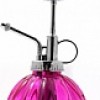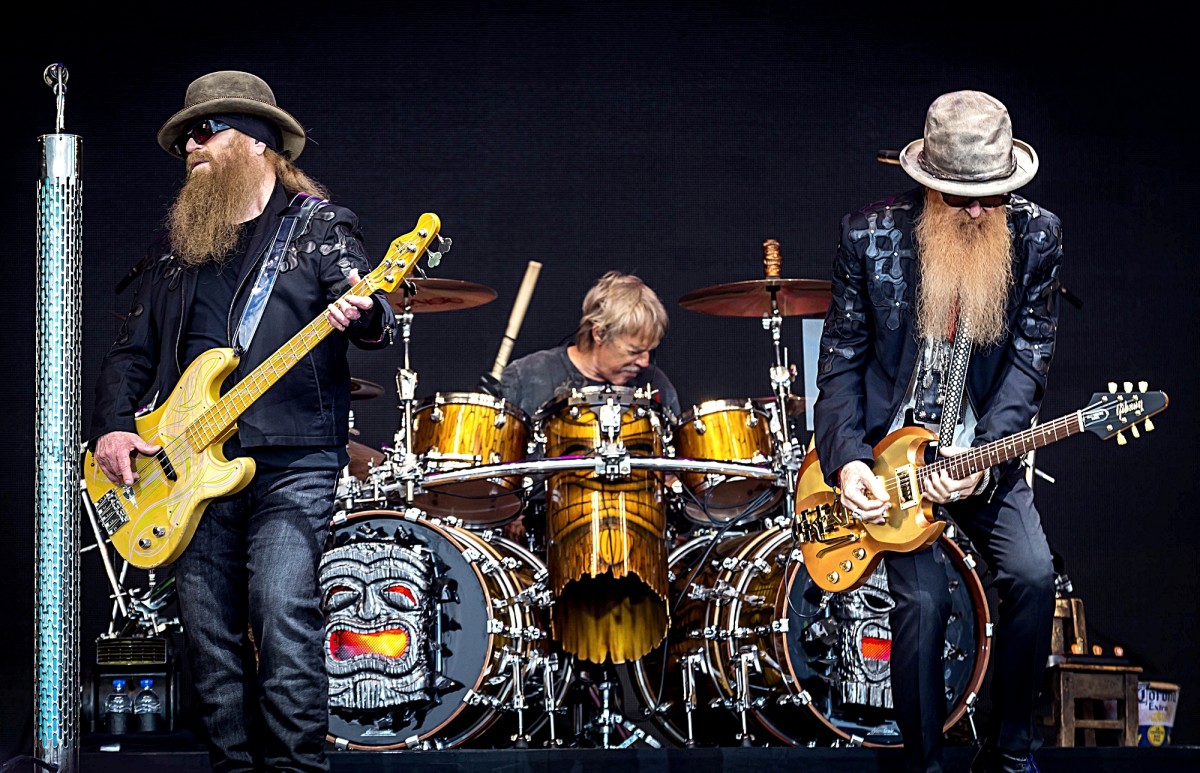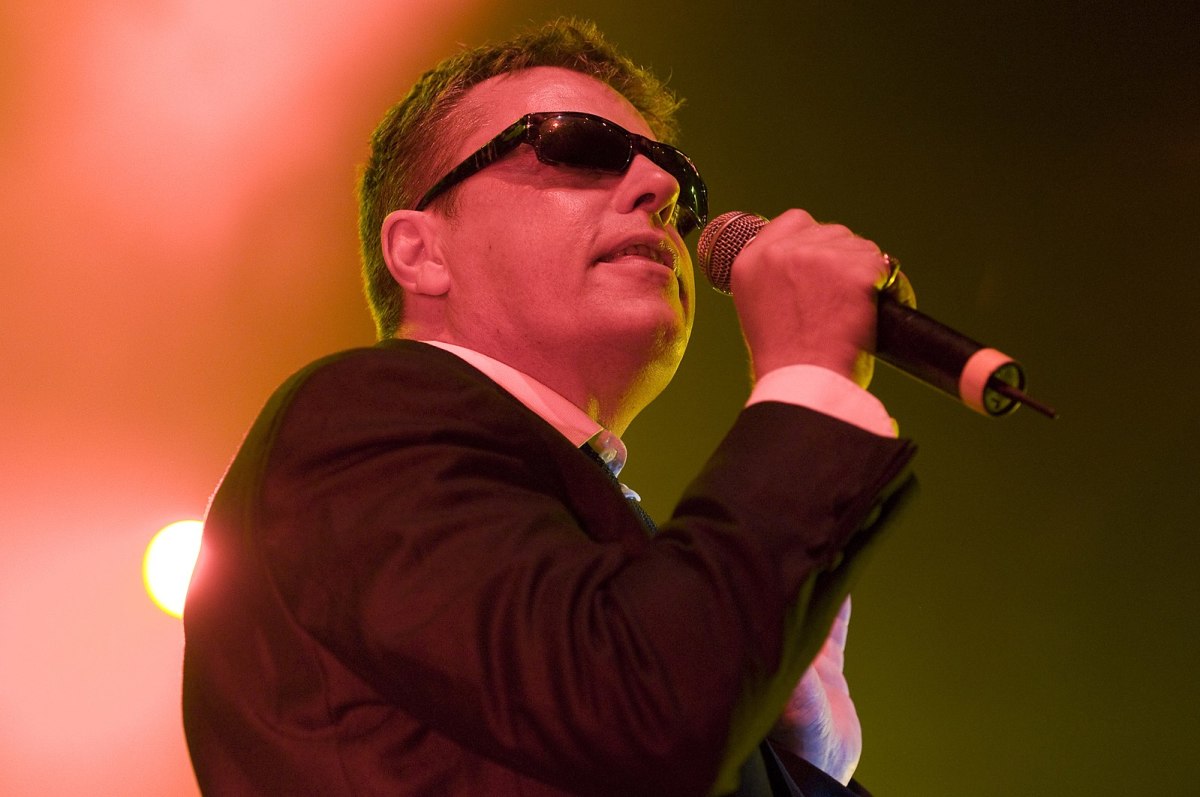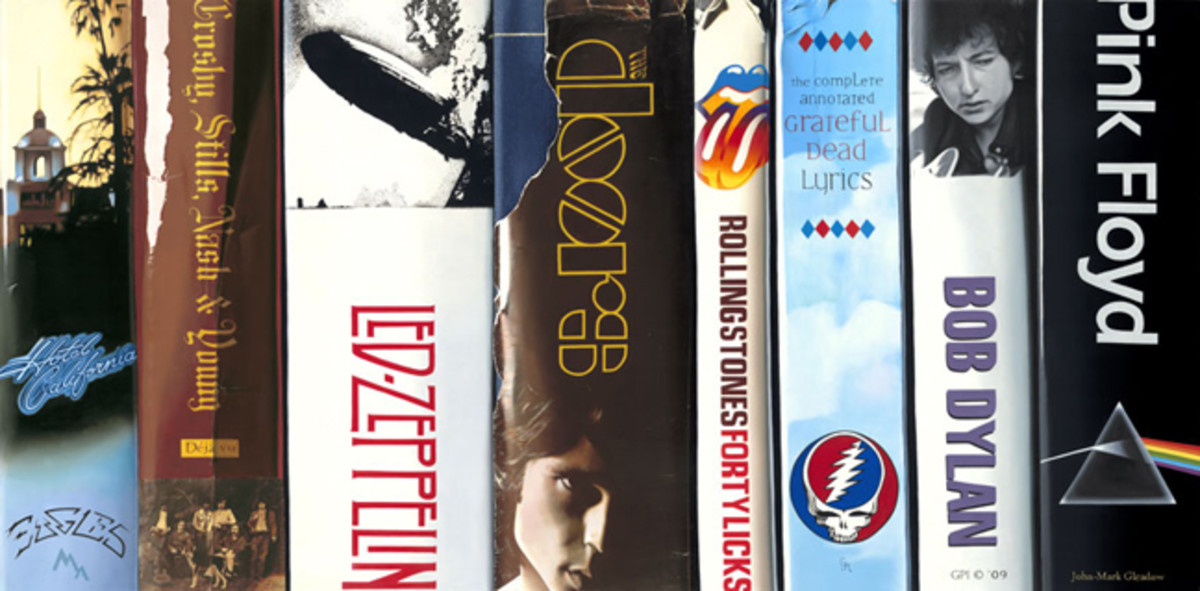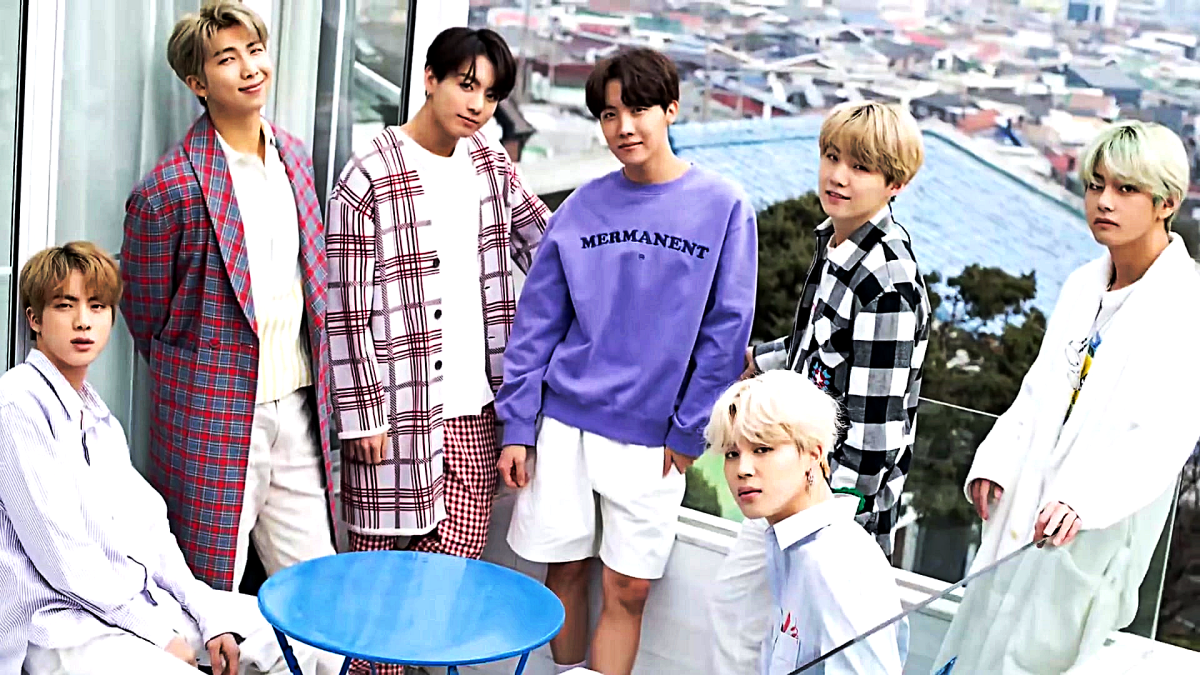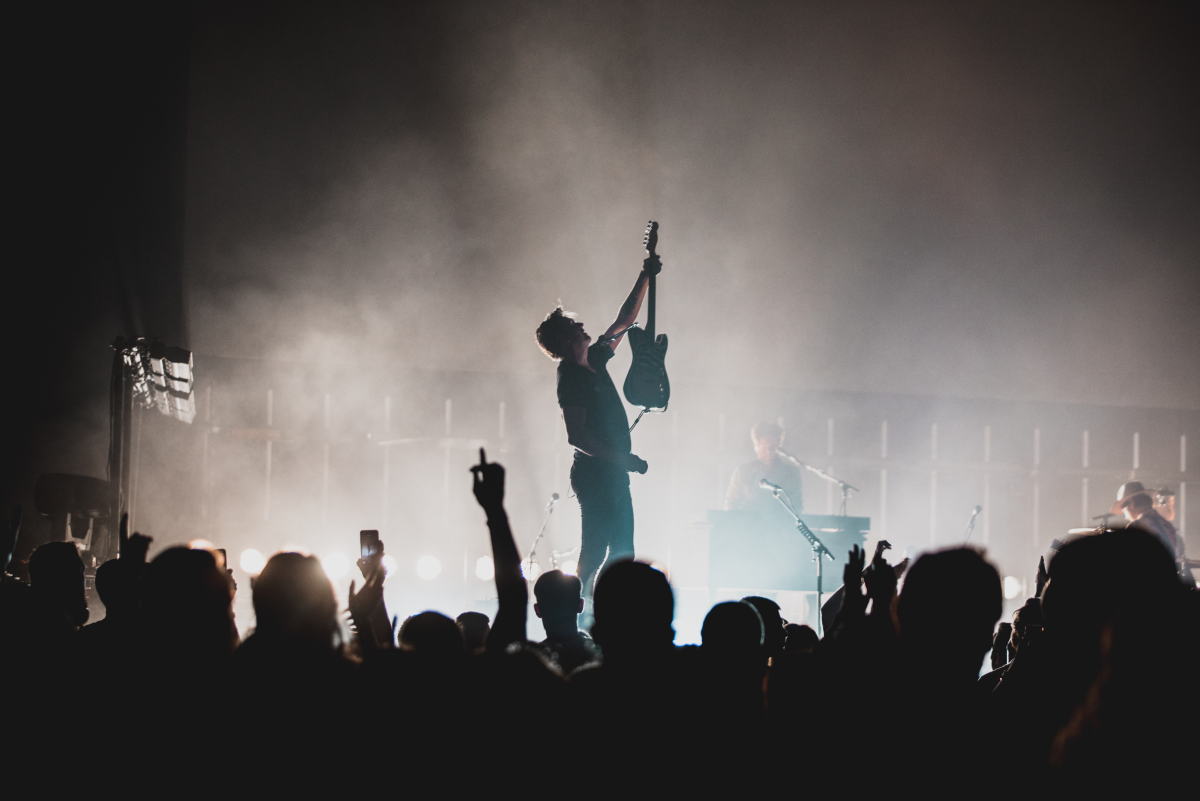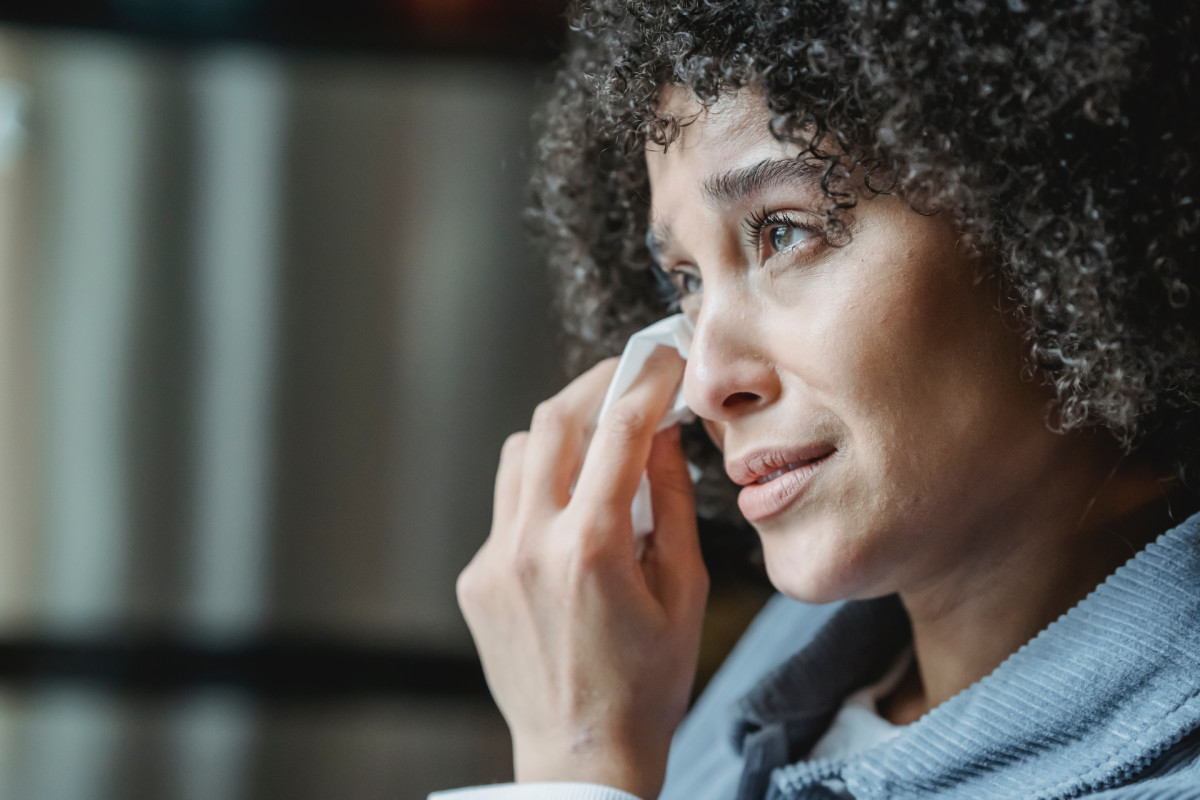What is ska music? A look at the origins and popularity of ska bands and their music.
My teenage years in the late 1970s and early 80s were spent listening to ska and 2 tone music; boys dressed in their pork pie hats, slim ties, shades, white socks, loafers and shiny two-tone suits, and the girls in their mini skirts, heavy eye-liner and bobbed hairstyles with headbands, all doing distinctive jerky robot dances to songs from The Specials (or Fun Boy Three as they became), including Ghost Town, Too Much Too Young, Gangsters; raucous songs from Bad Manners, including Leap Up Fatty, rousing songs from Madness, including Baggy Trousers, Grey Day, One Step Beyond, Our House, My Girl’s Mad at Me, or skanking away to the rock-steady beat of Selector’s On my Radio, or The Beat’s politically charged, Stand Down Margaret, Tears of a Clown, Can’t Get Used to Losing You or Mirror in the Bathroom. Many of the songs focussed on racial harmony at a time when racial tensions were running high in Britain.
Madness, from Camden Town, and fronted by Suggs, had a run of successful hits in the 1980s, and together with UB40, spent 214 weeks on the UK singles charts. They released ten albums between 1979 and 2009. Madness were the key band to bring ska music to a mainstream audience. Although their lyrics were often seen as humorous and full of fun, they also touched on more serious issues, such as the embarrassment of a teenage sister becoming pregnant with a black man’s child.
Black and white die-cut checkers were everywhere, with the iconic Walt Jabsco design gracing record sleeves, badges, T shirts and posters. The Walt Jabsco design, based on an album cover photograph of Peter Tosh, originally designed simply as a label design for the first 2 Tone record single, owned by The Specials’ Jerry Dammers, has gone on to become one of the most memorable record sleeves of all time.
Ska music was first introduced in the late 1950s from Jamaica, which laid the foundations for reggae. This was known as The First Wave. Perfomers of Ska Music in the First Wave included Desmond Dekker, the Skatalites, The Melodians and Toots & The Maytals.
The Second Wave came with the English 2 Tone Ska revival in the late 70s, founded by Jerry Dammers of the Specials and the man behind the 2 Tone record label. The Specials, from Coventry, fronted by Terry Hall, had a punk fusion with their style of Ska, giving their rocksteady beat attitude and a political message. After the success of their hit Free Nelson Mandela, which went on to inspire anti-apartheid supporters in South Africa, Jerry Dammers disbanded the band and pursued his own political activist concerns.
The Ska bands always had a strong, energetic stage presence, with the long line up of instruments including guitar, bass guitar, trumpet, saxophone, trombone, piano, drums and organ.
There was controversy surrounding some of the bands as the music became associated with skinheads and racist chants could be heard at some concerts from the many skinheads in the audience, many of whom had racist tendencies, much to the frustration of the band members, who were advocating racial harmony.
The Third Wave came in the 1980s, with some English bands such as The Burial and The Hotknives leading the way to a revival throughout Europe, particularly in Germany, with bands such as Blechreiz and The Busters. The Ska revival scene was also popular in the 1980s in Australia, North America, South America and Japan. Perhaps there will be another revival as the Olympic closing concert takes place?
find out more
Madness - Baggy Trousers
Madness - One Step Beyond
The Beat - Mirror in the Bathroom
Madness - Waiting for the Ghost Train
Madness - House Of Fun
Madness - Our House
Madness Embarrassment
Maroon Town - Nostalgia
Maroon Town - Average Man
Worldmusic.nationalgeographic.com
- Ska Music : National Geographic World Music
Explore Ska music at National Geographic World Music. Discover key Ska artists and albums at the online home of world music. - The Ten Best Ska Tracks - Features - Music - The Independent
1 INDEPENDENT WOMAN Jackie Brenston (1952) - List of ska musicians - Wikipedia, the free encyclopedia
